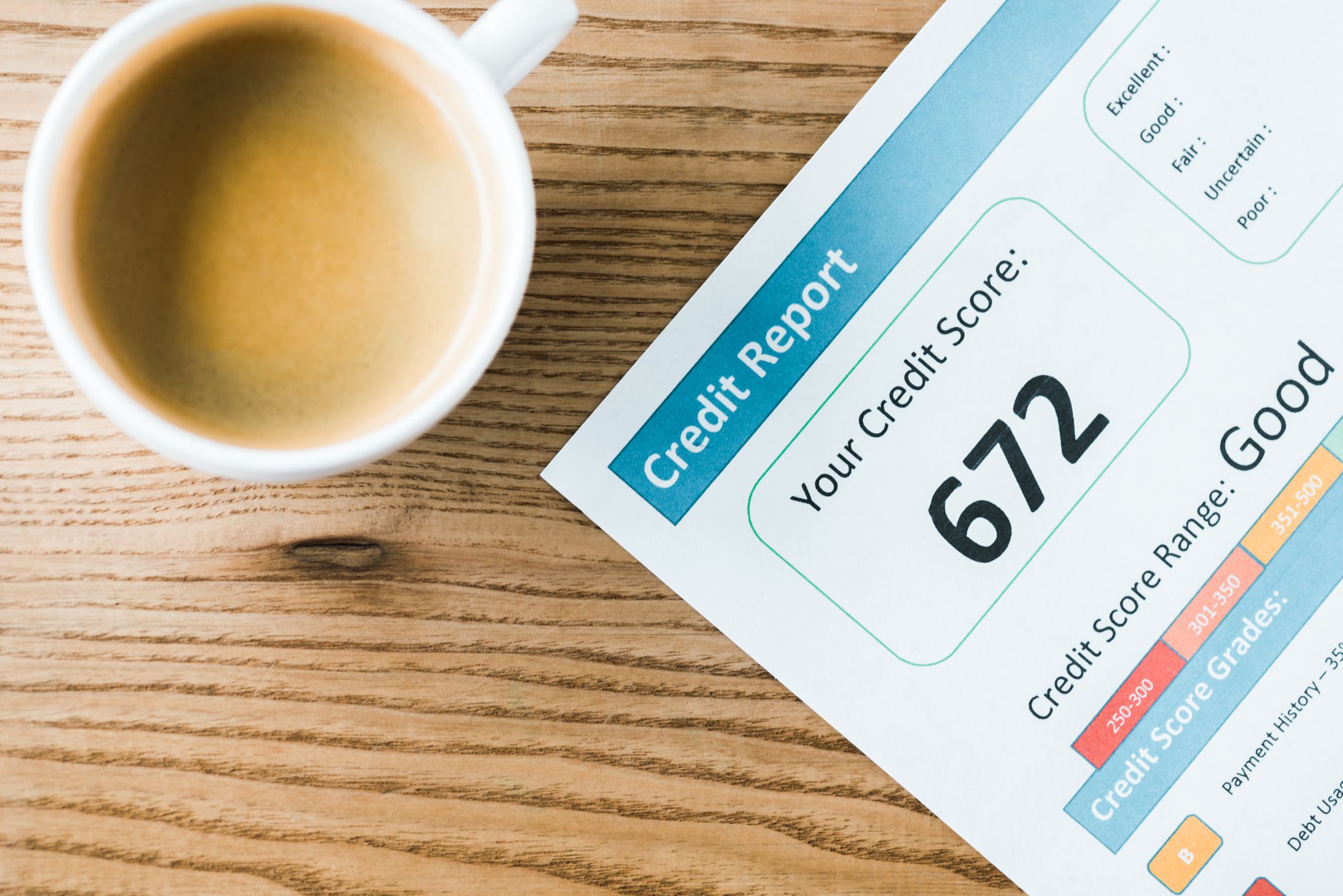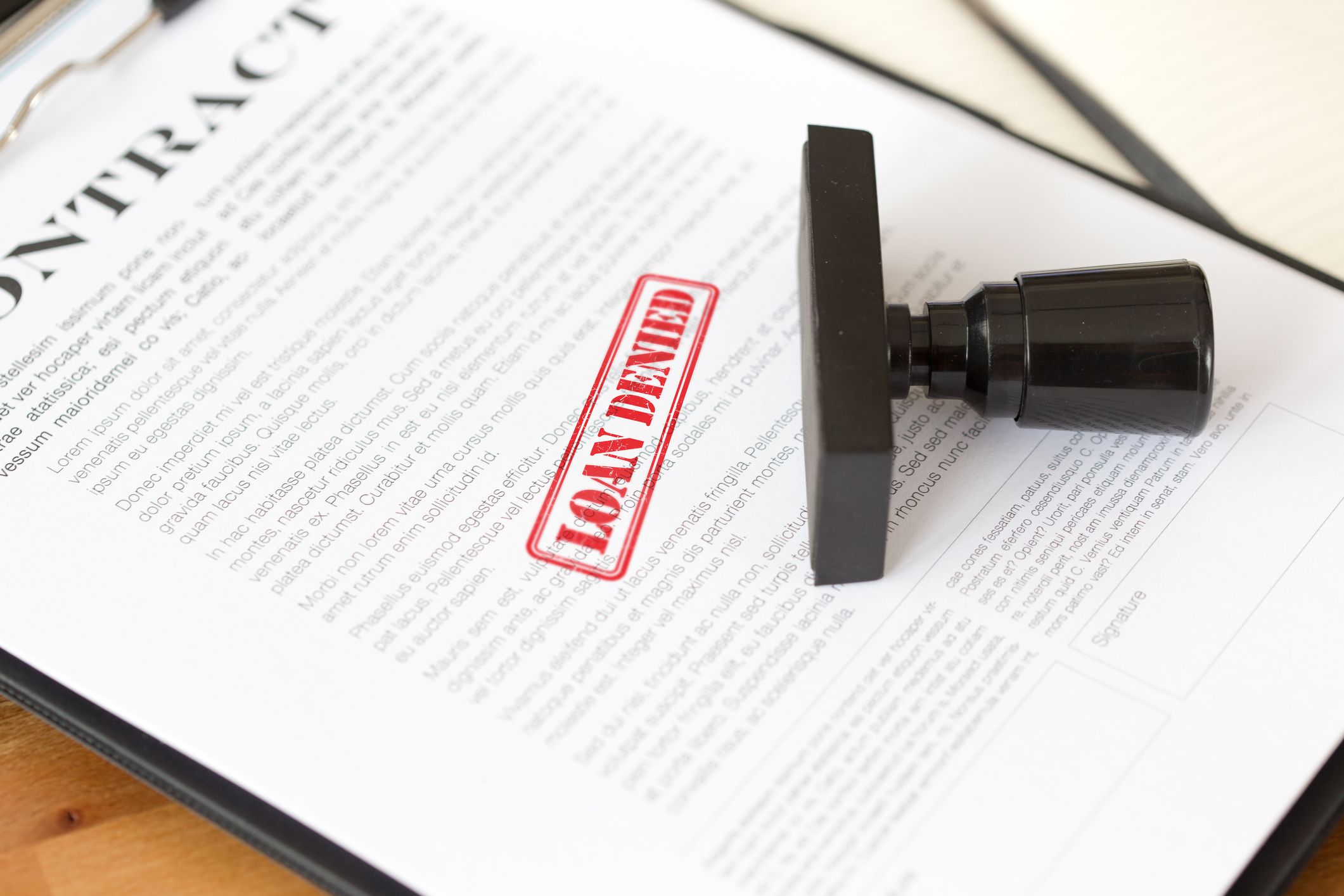Whether for home improvement, debt consolidation, to get married, go on vacation, or a thousand other things, 19.4 million Americans had a personal loan in 2020, according to LendingTree. Regardless of the reason for wanting a loan, there are some mistakes to avoid to ensure an application isn’t rejected, damage to your credit rating or, in a worst-case scenario, not being able to apply for a loan again.
Related: The Weirdest Reasons People Have Gone Into DebtNot Knowing Figures You Need

It can be daunting to apply for a personal loan, and there’s lots of required number crunching that many people fail to do. “You need to start by understanding your numbers,” which can include the amount of loan you need, what you can afford to pay back every month, and how many monthly payments suits you, says John Marsano, CEO and president at Inheritance Advanced. On paper, it may look like you can take out a much bigger loan than you actually can based on your other expenses; skipping a realistic assessment will leave you a mess down the road.
Related: 14 Personal Finance Facts and Myths — Do You Know the Difference?Failure to Check Your Credit Score

One of the most important things to know: your credit score. Not knowing it can leave you surprised that you’re ineligible for a loan you expected to get; it can also leave you vulnerable to fraud. “Before applying for a loan, you need to be aware of and understand your situation. Hence, always make sure to obtain a copy of your credit rating,” says Justin Nabity, founder and CEO at Physicians Thrive. Checking a credit score won’t hurt your rating but will help you work to improve it if necessary before applying for a loan.
Related: 20 Things You Can’t Do With a Low Credit ScoreNot Keeping Finances Up to Date

Before you apply for a loan, make sure your finances are up to date, including having accurate records of income. “Your financial documentation is the most important asset when it comes to applying for loans. Not having your finances up to date means that you are not careful when it comes to spending your money and keeping accurate records of it. This will harm your application, and the bank will most likely disqualify your loan request,” says Donna Tang, budgeting expert at CreditDonkey.
Related: 24 Money-Saving Tools That’ll Keep Your Budget on TrackFor more smart personal-finance tips, please sign up for our free newsletters.
Not Shopping Around

When you are ready to apply, it can be tempting to jump in with the first loan option you find or with an easy option offered where you bank. This can be a costly mistake. “One of the most common mistakes people make when applying for a loan is that they settle for the first, most convenient option. If you go around, survey the market, and meet different lenders, you will realize that you can find better options with much lower interest rates for your loan,” Marsano says. Failure to shop around can leave you with much higher interest rates and required payments, which can cost many thousands of dollars over the lifetime of a loan.
Related: 11 Benefits of Banking with Credit Unions Instead of BanksEstimating Your Finances

When it’s time to fill out an application, don’t estimate — or lie about — your finances. “Without a doubt, this is one of the worst possible mistakes you can make,” Nabity says. “If the bank runs an investigation on your accounts and finds that your data does not match the information you provided, they can disqualify you from ever applying for a loan again. Financial records are sensitive matters, and they need to be dealt with seriously.”
Related: 30 Money Mistakes You’re Probably Making and How to Avoid ThemTrending on Cheapism
Assuming You’ll Get a Loan

You may get prequalified for a loan, but don’t mistake this as approval and make a big purchase — you could end up getting rejected for the loan, and that purchase could affect your credit and ruin your chance. “A prequalification means a lender has looked at your basic information and possibly performed a soft inquiry. You do not have the loan at this point. You still have to apply, and lenders will perform a hard inquiry for in-depth analysis before they approve you,” Li says.
Related: What You Need to Know When Shopping For a MortgageMaking Major Changes Before You Get the Loan

One common mistake: forgetting you are in the approval process and making changes to a financial situation midway, such as switching jobs, making a big purchase, or moving money around. Doing anything like this before you are fully approved for a loan can mean a rejected application, Li says.
Related: These Tax Moves Are Most Likely to Trigger an AuditOpening and Closing Credit Cards

In addition to not making big purchases or moving money around mid-application, you don’t want to mess with your credit cards, such as by opening or closing one. “Loans are calculated and offered based on your credit utilization ratio and credit score, both of which can be affected by messing with your cards. Wait to make any moves until you’re approved” Li says.
Related: 32 Credit Card Mistakes You’re Probably MakingSign up for our newsletter
Applying for More Than One Loan at a Time

You might be nervous about getting a loan and consider trying for a few. This is a quick way to not get any. The best bet is to apply for one loan and stick with it until approval. “Loan applications require hard credit inquiries, which can negatively affect your credit score temporarily. If your credit score dips, you won’t be able to secure the same loan rates anymore, and you may end up paying,” Li says. “Many lenders offer good-faith estimates that don’t affect your credit score, and you can get as many of those as you’d like while you shop around.”
Related: 15 Things That Do Not Affect Your Credit ScoreNot Reading the Fine Print

Who reads the fine print, right? In this situation, it’s a must. “There could be so many cases for additional fees for different occasions, like delaying a fee or paying off your loan early, etc. Instead of being surprised when it happens, you should read terms and conditions early on to be prepared,” Marsano says. Not knowing the details can get you caught up in tough financial situations and unable to make timely payments.
Related: Don’t Let These 16 Hidden Fees Catch You By Surprise





